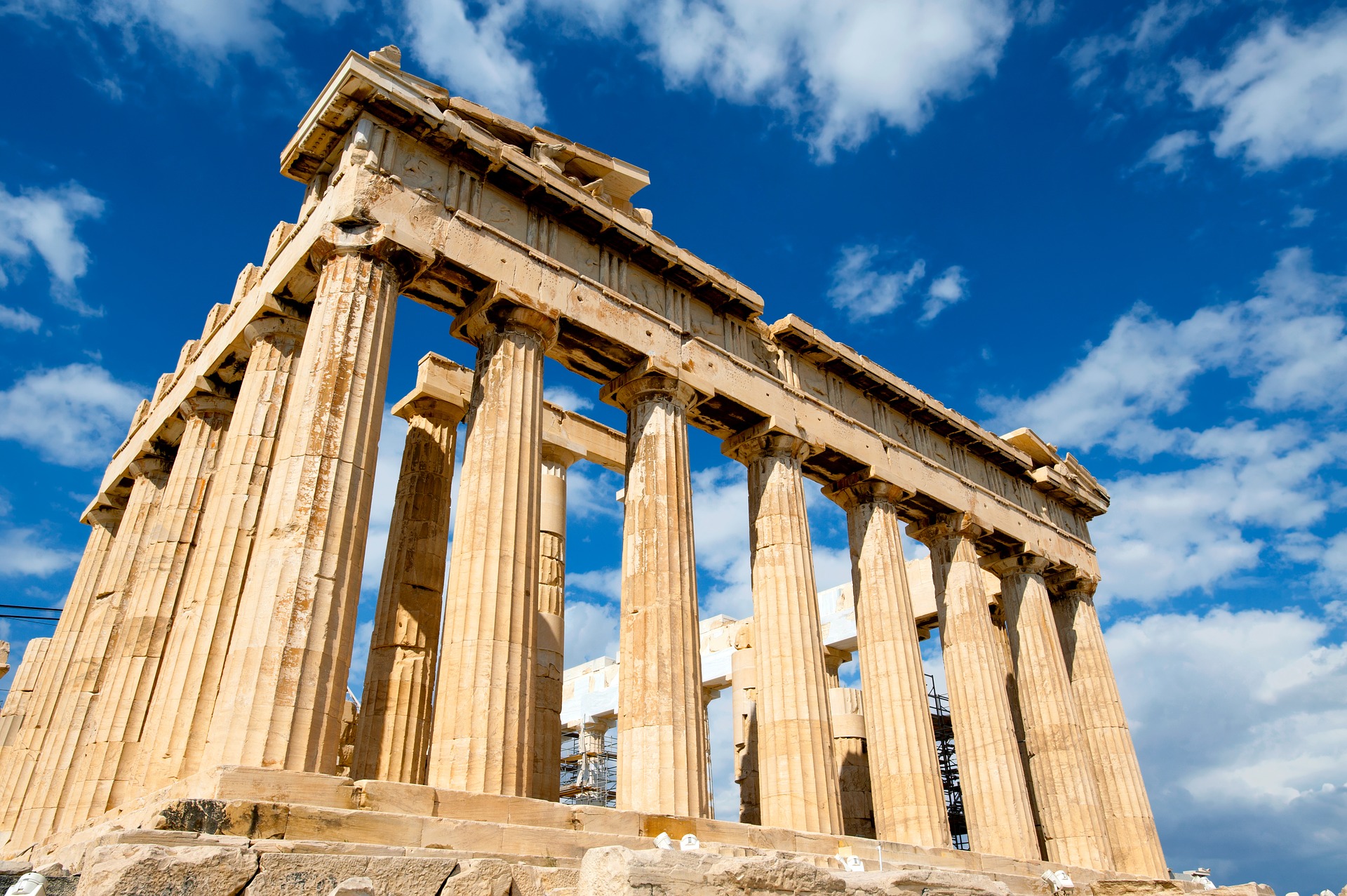More Information About Greece
By Alice Henry
@IreneVincent (15960)
United States
September 18, 2017 9:42am CST
During the early years of Roman rule, Christianity developed, but the Roman Empire treated early Christians cruelly, since Christians would NOT worship the Roman gods.
But, in A.D. 313, the Roman Emperor Constantine supposedly converted to Christianity, which by then, had changed considerably from early Christian belief, as taught from the Bible. He did stop the mistreatment of Christians and Christianity became the main religion of the Byzantine Empire, which lasted over 1000 years.
However, history shows that many Roman and Greek philosophies crept in to Christian beliefs and things began to change. Pagan holidays were introduced and accepted, along with many pagan beliefs, in order to bring the pagans into the church. The Roman church adopted the Pagan holidays and changed the names of these holidays to make them more acceptable. Any encyclopedia will confirm how these changes took place and true Christianity was altered.
http://www.simpletoremember.com/vitals/Christmas_TheRealStory.htm
In 1453, Muslim Turks of the Ottoman Empire captured the city of Constantinople and ended the Byzantine Empire and Greece became part of the Ottoman Empire for the next 350 years.
Eventually, with help from Britain, France and Russia, Greece became independent in 1829 when the Treaty of Adrianople ended the Greek War of Independence, which had lasted for six years. A 17 year old boy from Bavaria, an area in modern Germany, became king.
The Greeks revolted against this king and he was driven from power in 1862. The next king, George I introduced a new constitution, giving more power to the legislature and less to the king.
In 1917, Greece entered World War I on the side of the allies, which included the United States, the United Kingdom, France and Russia. World War II began in 1939 and Greece was overtaken by Germany. Sadly, more than 100,000 Greeks starved to death, during the winter of 1941-1942, because Germany needed and took from Greece their food supplies, causing huge food shortages.
Greece has survived Civil War also when they defeated the Communists in 1949, a group of army officers seized the government and took away people’s rights, setting up a military dictatorship. After that dictatorship was defeated, Greece held its first democratic election in more than 10 years. The people approved a new constitution in 1974 that officially ended the monarchy.
After that, in 1981, Greece joined the European Union which built trade and other forms of cooperation between European countries. And then in 2002, Greece and 11 other European countries began using a form of money called the Euro. Greece had formerly used the drachma.
What is Greece like today?
To be continued…
2 people like this
3 responses
@CinnamonGrl (7086)
• Santa Fe, New Mexico
18 Sep 17
Very interesting and thorough! I would love to visit Greece, too, see the remnants of some of the ancient civilizations. So intriguing! Looking forward to your continuation about Greece in the present. Thanks!
2 people like this
@IreneVincent (15960)
• United States
18 Sep 17
I would love to visit Greece also. I have enjoyed learning more about this ancient civilization of people. They have been through a lot of changes and I have found it to be very interesting. I have been to the Mediterranean Sea when I visited Spain a few years ago. That was a wonderful trip.
@RasmaSandra (84185)
• Daytona Beach, Florida
18 Sep 17
Never been to Greece but I know it is a lovely country. Thanks for the history.
1 person likes this
@IreneVincent (15960)
• United States
18 Sep 17
I've never been to Greece either, but I enjoy reading and learning about other countries. Greece has a rich history and has gone through many changes over the centuries of time.
1 person likes this
@IreneVincent (15960)
• United States
18 Sep 17
I have seen some beautiful photos of Greece and I would like to visit there also.








